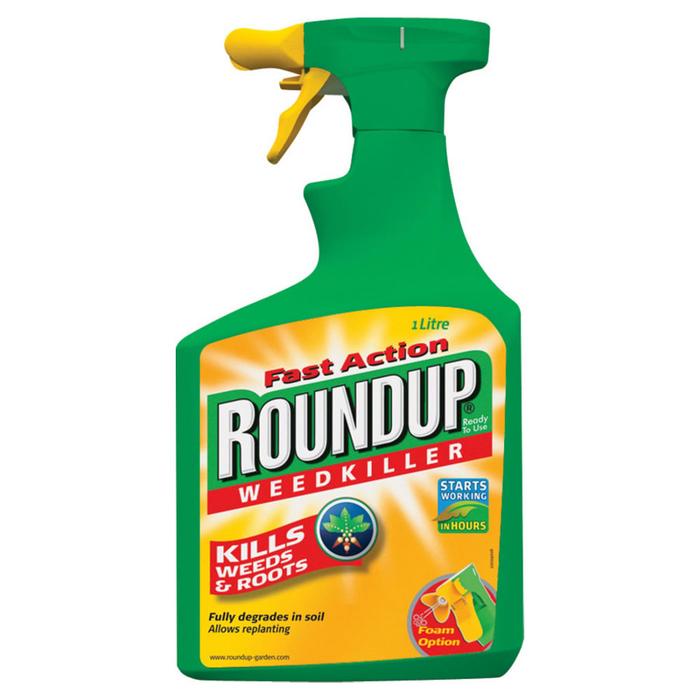
Activists Pressing for a Ban on the Main Ingredient in Roundup Weed Killer
The Environmental Protection Agency (EPA) is taking another look at glyphosate -- the weed killer more commonly known as Roundup, manufactured by Monsanto. The agency declared it a carcinogen in 1985 but later reversed that decision. The chemical is up for review this year.
Use of glyphosate has increased dramatically in recent years and it is now used on a variety of crops that are grown for consumers. These include wheat, corn, soybeans, and many other foods we eat every day.
April 23, 2015 | Source: Consumer Affairs | by Christopher Maynard
The Environmental Protection Agency (EPA) is taking another look at glyphosate — the weed killer more commonly known as Roundup, manufactured by Monsanto. The agency declared it a carcinogen in 1985 but later reversed that decision. The chemical is up for review this year.
Use of glyphosate has increased dramatically in recent years and it is now used on a variety of crops that are grown for consumers. These include wheat, corn, soybeans, and many other foods we eat every day.
Besides the renewed interest from the EPA, the World Health Organization recently reported that the chemical is “probably carcinogenic to humans.”
In 2011, Reuters reported that 271 samples of soybeans out of 300 had glyphosate residue on them. Although the levels found were below EPA tolerance levels, this still raises some concerns among health advocates.
Monsanto officials say the WHO report is “dramatic departure from the conclusion reached by all regulatory agencies around the globe” and say it’s not based on any new scientific evidence.
Activists respond
Health and safety advocates are putting heat on the EPA. The Organic Consumers Association (OCA), in conjunction with the Feed the World Project, today said it was launching the world’s first glyphosate testing for the general public. The project, with specific focus on women and children in the U.S., is offering the first-ever validated public glyphosate testing for urine, water and soon breast milk.
“For decades now, the public has been exposed, unknowingly and against their will, to glyphosate, despite mounting evidence that this key active ingredient in Monsanto’s Roundup herbicide is harmful to human health and the environment,” said Ronnie Cummins, OCA’s international director. “Monsanto has been given a free pass to expose the public to this dangerous chemical, because individuals, until now, been unable to go to their doctor’s office or local water testing company to find out if the chemical has accumulated in their bodies, or is present in their drinking water.
